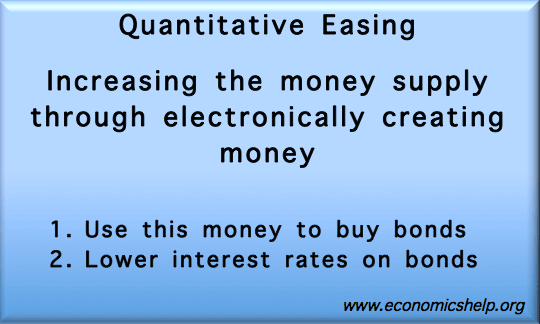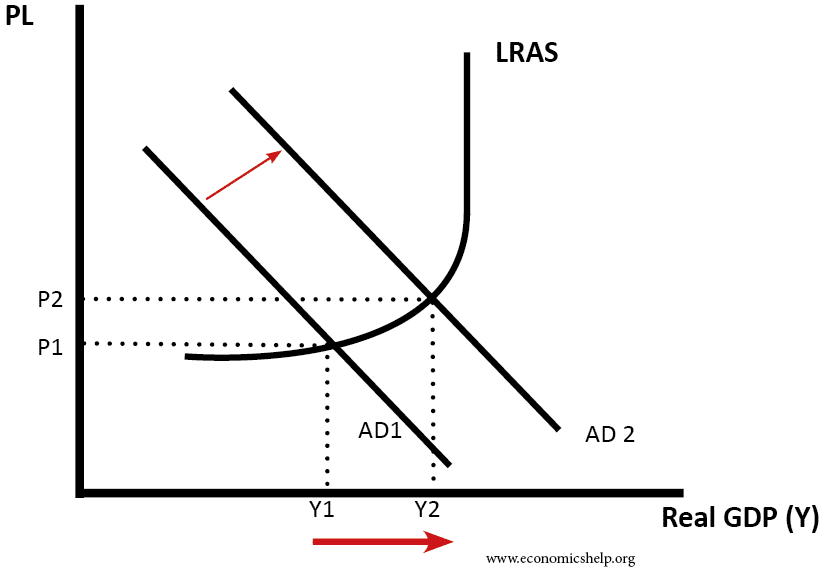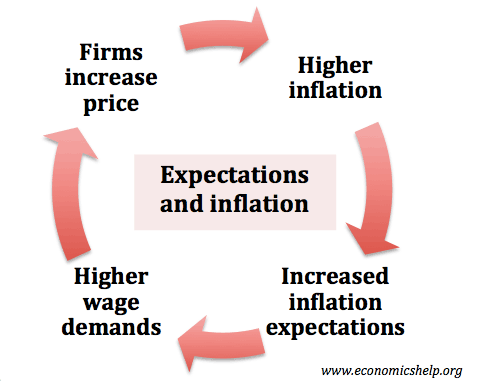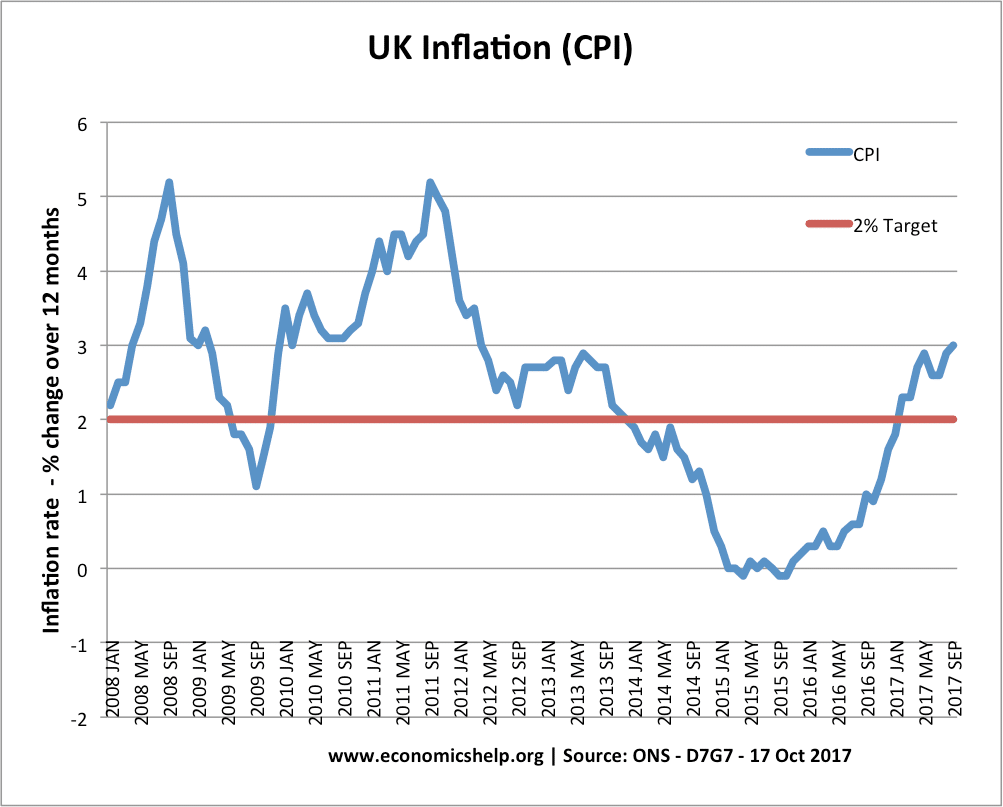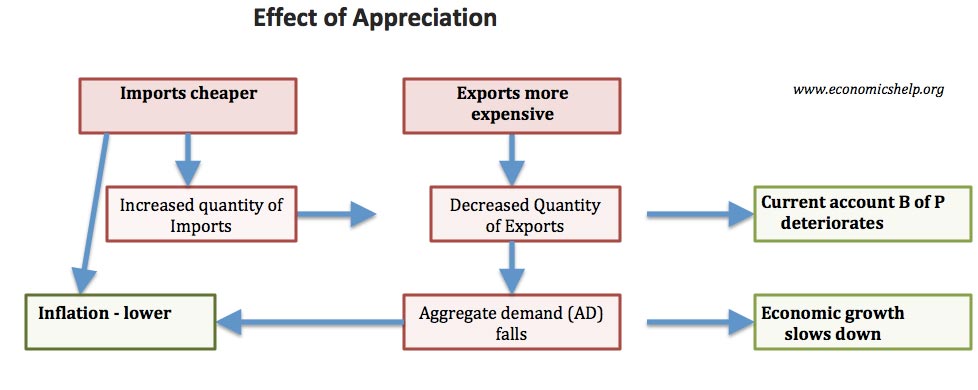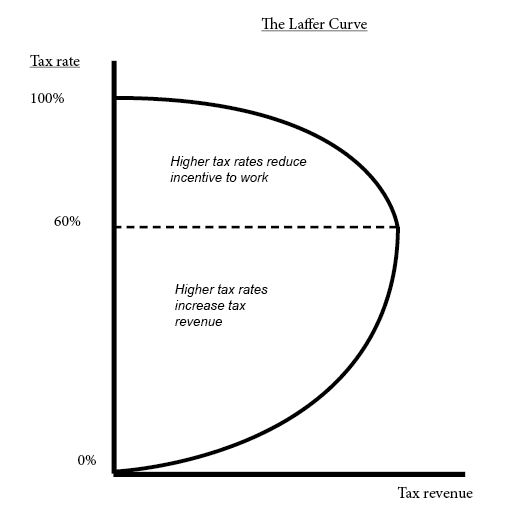Economics effects of the UK leaving the European Union
Abstract. A look at the economic effects of Britain leaving the European Union. Summary. The UK has been a member of the European Union since 1973. The European Union gives many economic benefits to member countries. These include free trade, inward investment from European companies, free movement of labour, harmonisation of regulations and qualifications and …

